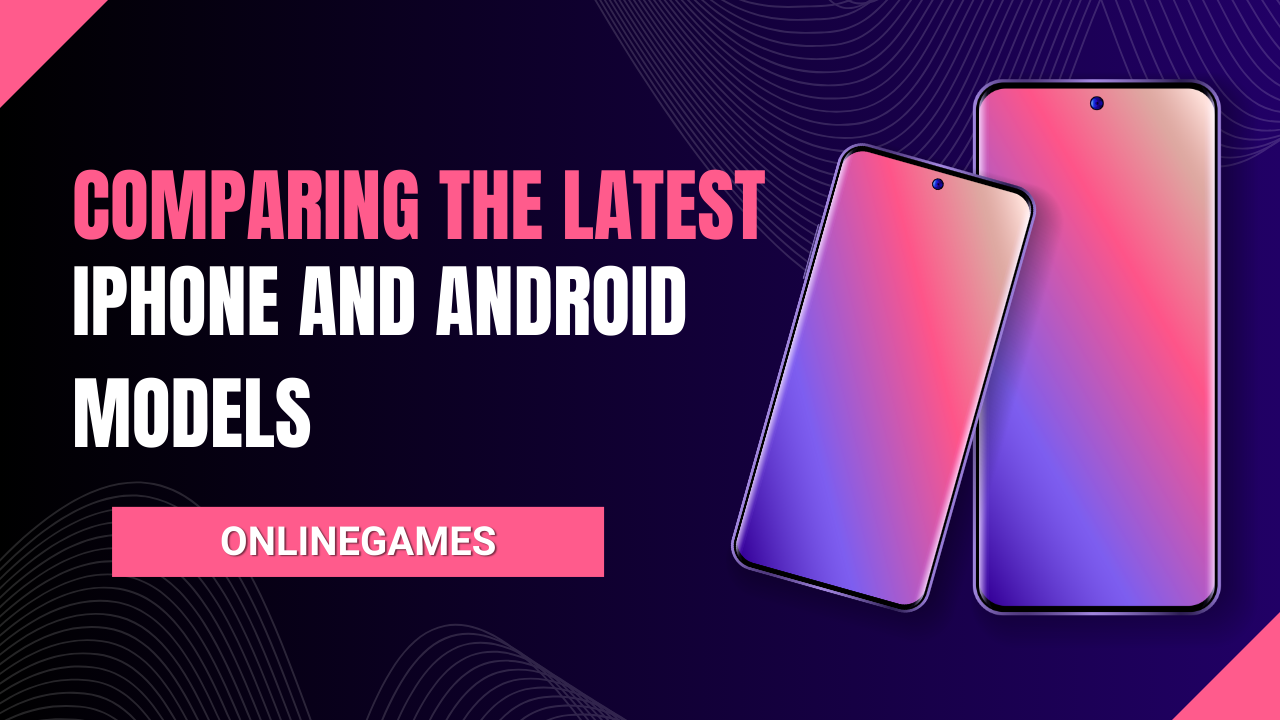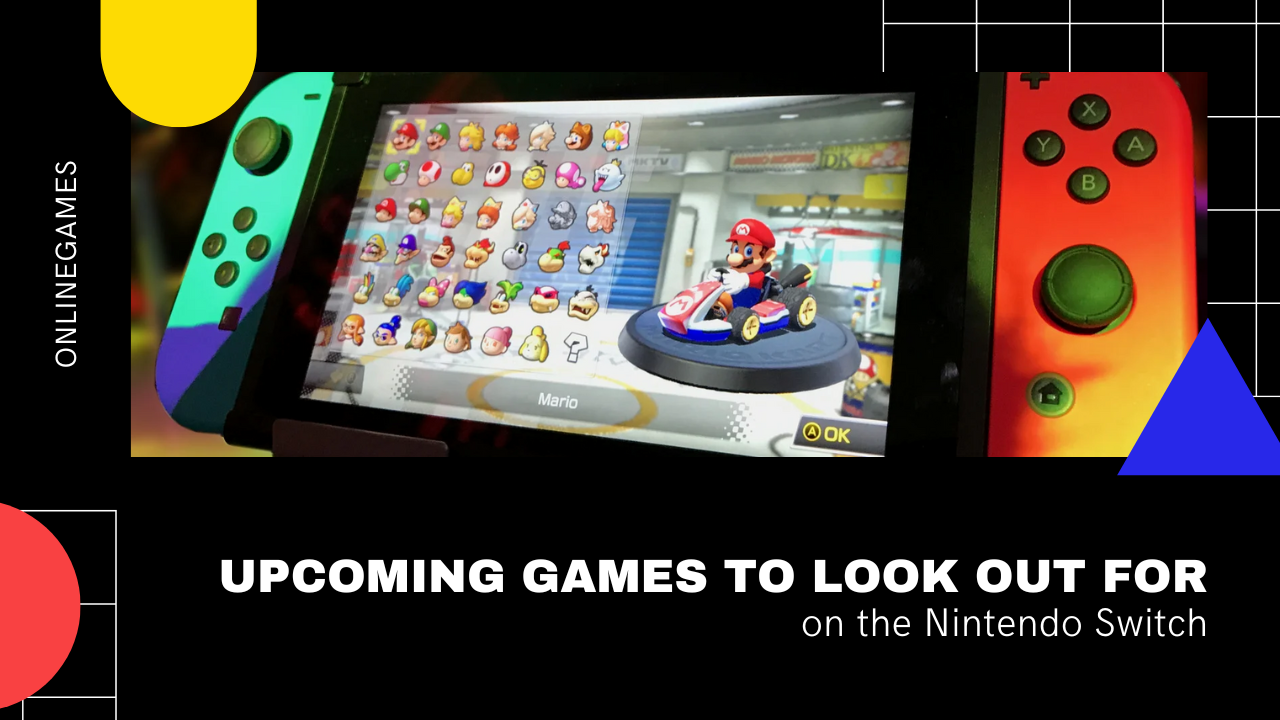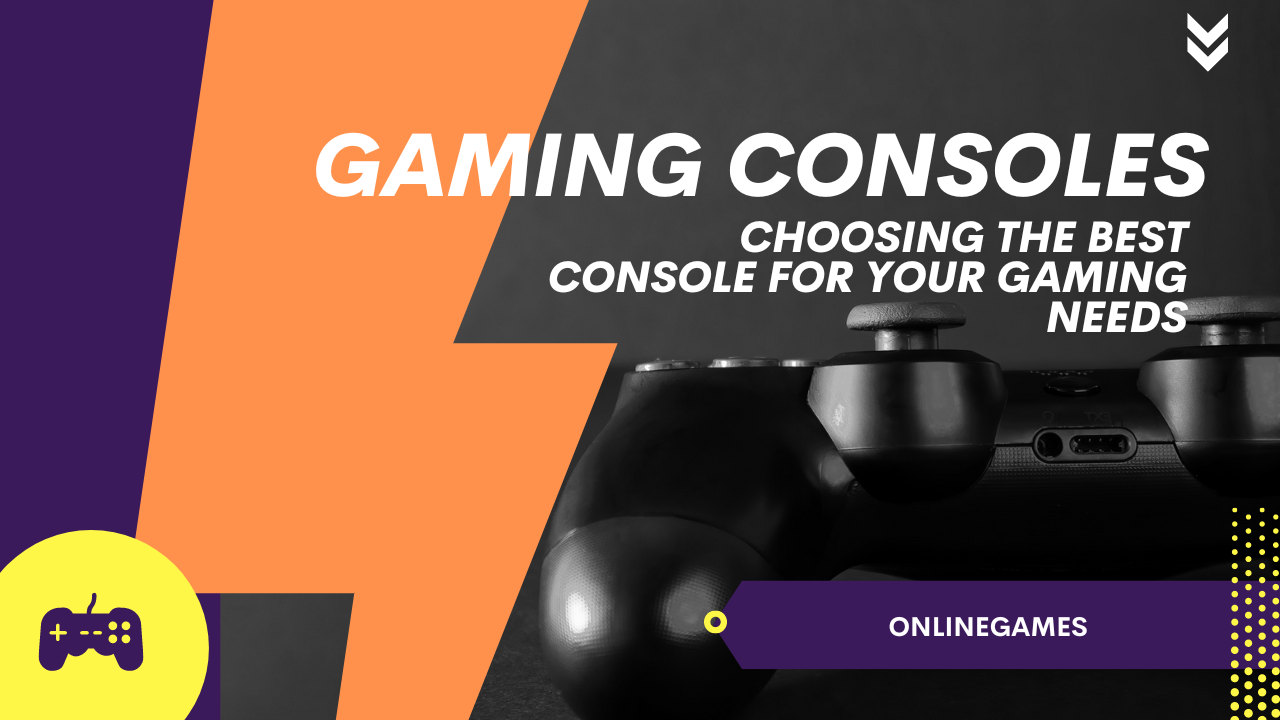The ongoing rivalry between iPhone and Android users fuels continuous innovation in the smartphone industry. As both platforms release their latest models, consumers face a plethora of choices. This article aims to compare the most recent offerings from Apple and leading Android manufacturers, providing insights to help you decide which smartphone suits your needs best.
iPhone: Innovation and Ecosystem Integration
Latest iPhone Model Overview
Apple’s latest iPhone models exemplify sleek design, powerful performance, and seamless integration with the iOS ecosystem. The current lineup includes the iPhone 13 series, known for its exceptional camera capabilities, vibrant Super Retina XDR displays, and robust A15 Bionic chipsets. Each model caters to different user preferences, from the compact iPhone 13 mini to the feature-rich iPhone 13 Pro Max.
Key Features of iPhone Models
- Camera Excellence: iPhones are renowned for their advanced camera systems, offering features like Night mode, Deep Fusion, and ProRAW for professional-quality photos and videos.
- iOS Ecosystem: Seamless integration across Apple devices with features like AirDrop, Handoff, and iCloud ensures a cohesive user experience for productivity and entertainment.
- Performance: The A15 Bionic chipset delivers industry-leading performance, enabling smooth multitasking, gaming, and augmented reality (AR) experiences.
Android: Diversity and Customization
Latest Android Model Overview
The Android ecosystem offers diversity and customization, with flagship models from manufacturers like Samsung, Google, and OnePlus leading the pack. Devices such as the Samsung Galaxy S21 series, Google Pixel 6, and OnePlus 10 Pro showcase cutting-edge technology, innovative features, and various form factors catering to different user preferences.
Key Features of Android Models
- Display Innovation: Android smartphones boast high-refresh-rate displays, OLED technology, and HDR support for immersive viewing experiences.
- Customization: Android’s open-source nature allows for extensive customization with third-party launchers, widgets, and themes to tailor your device to your liking.
- Camera Versatility: Manufacturers integrate advanced camera systems with features like ultra-wide lenses, telephoto capabilities, and computational photography for stunning visuals.
Comparing Performance and Battery Life
Performance Metrics
- Benchmark Tests: iPhone models consistently perform well in benchmark tests, thanks to Apple’s optimized hardware and software integration.
- User Experience: iOS offers a streamlined, user-friendly interface with consistent updates and long-term software support.
- Security: iPhones are renowned for their robust security features, including regular updates, privacy controls, and the App Store’s stringent app review process.
Battery Life Comparison
- iPhone: Apple’s latest models offer improved battery life, with optimizations in hardware efficiency and iOS power management.
- Android: Battery performance varies among Android devices, with manufacturers implementing technologies like adaptive battery management and fast-charging capabilities.
Choosing Between iPhone and Android
Factors to Consider
- Ecosystem Preference: Decide whether you prefer the seamless integration of Apple’s ecosystem or the customization options offered by Android.
- Software Updates: Consider the frequency and longevity of software updates, as Apple provides longer support compared to most Android manufacturers.
- Price and Value: Evaluate your budget and the value proposition of each device in terms of features, performance, and ecosystem benefits.
Making an Informed Decision
Ultimately, choosing between an iPhone and an Android smartphone depends on your personal preferences, needs, and budget. Whether you prioritize camera quality, ecosystem integration, or customization options, both platforms offer compelling choices that cater to a wide range of users.
Both iPhone and Android smartphones continue to innovate and push boundaries in the mobile technology landscape. Whether you opt for the latest iPhone model with its seamless ecosystem integration and powerful performance or choose an Android device for its customization options and diverse range of features, the decision hinges on your priorities and preferences.










